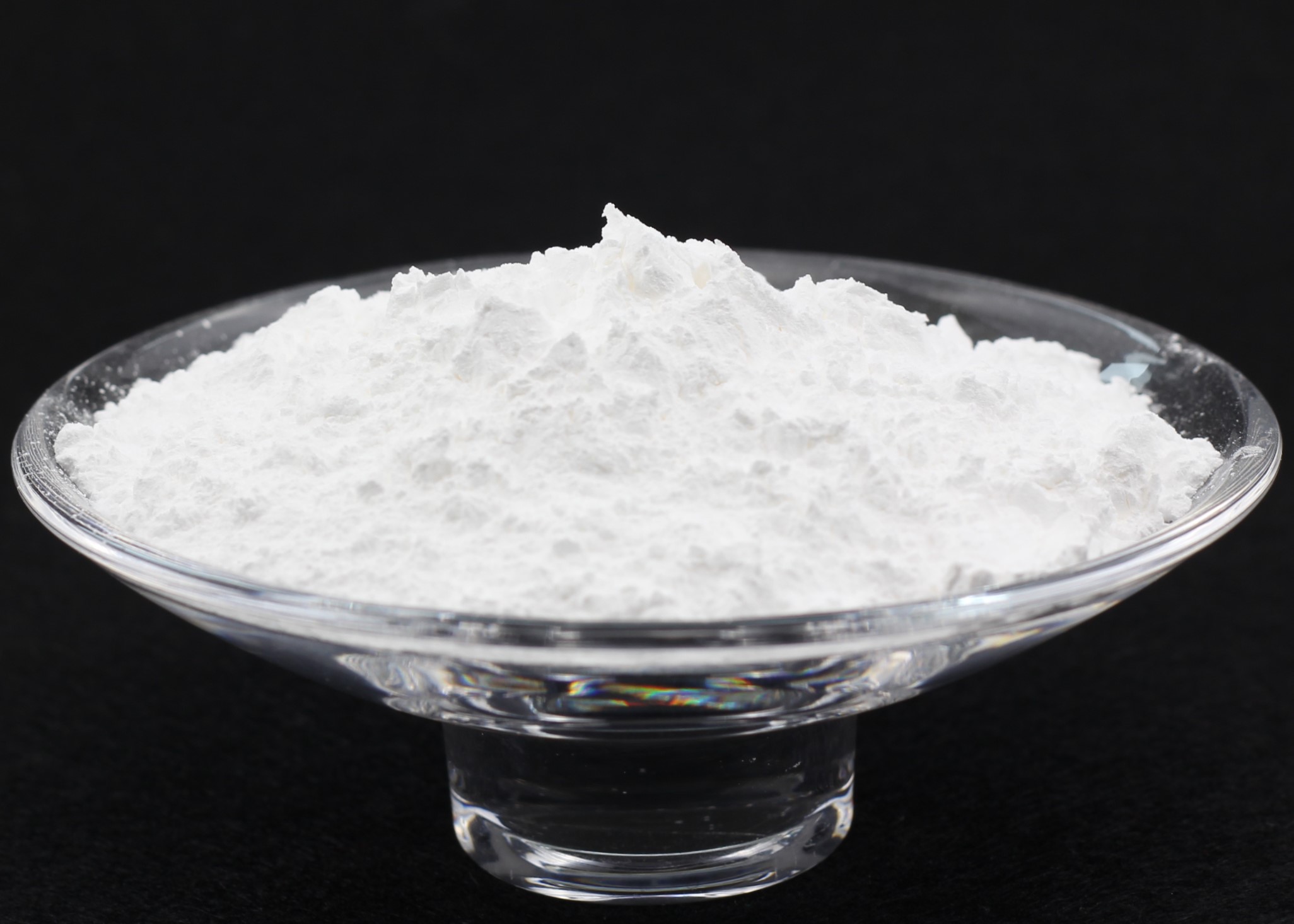Aluminum fluoride is a compound that has found numerous applications across various industries due to its unique properties and versatility. This inorganic compound, with the chemical formula AlF3, is formed by combining aluminum oxide (Al2O3) with hydrogen fluoride (HF). One of the notable features of aluminum fluoride is its high melting point. With a melting point of around 1,290 degrees Celsius (2,354 degrees Fahrenheit), it exhibits excellent thermal stability, making it ideal for applications that involve high temperatures. This characteristic is particularly advantageous in industries such as metallurgy and aluminum production. Aluminum is a highly versatile and valuable metal used in a wide range of industries, including transportation, construction, packaging, aerospace, electronics, and more. Its low density, excellent corrosion resistance, and good conductivity make it an attractive choice for various applications.
In the aluminum industry, aluminum fluoride plays a crucial role in the production of primary aluminum. It is used as a flux, helping to lower the melting point of alumina (Al2O3) during the electrolytic reduction process. By adding aluminum fluoride, the energy requirements for aluminum production are significantly reduced, resulting in more efficient and cost-effective processes. In the context of metallurgy and welding, flux refers to a material or substance that is used to facilitate certain processes by creating a protective barrier or promoting the flow of molten metal. Flux plays a crucial role in various applications, including soldering, brazing, and welding, where it helps to clean, protect, and enhance the quality of the final joint.
According to Coherent Market Insights, the global aluminum fluoride market size is expected to reach US$ 1710 million by 2024, and register a CAGR of 1.9% over the forecast period (2019 – 2027).
Furthermore, aluminum fluoride is widely utilized in the production of various aluminum alloys. It acts as a grain refiner, helping to control the microstructure of the metal and improve its mechanical properties. By incorporating aluminum fluoride into aluminum alloys, manufacturers can enhance the strength, hardness, and corrosion resistance of the final product. These improved properties make aluminum alloys desirable for applications in the aerospace, automotive, and construction industries.
Apart from its role in aluminum production, aluminum fluoride finds applications in the production of ceramics and glass. Due to its high melting point and ability to form stable compounds, aluminum fluoride is used as a flux and a filler in ceramic and glass manufacturing processes. It aids in the formation of smooth and defect-free surfaces, enhancing the overall quality of the finished products. Additionally, aluminum fluoride can modify the refractive index of glass, making it useful in optical applications.
The chemical properties of aluminum fluoride also make it a valuable ingredient in the production of certain chemicals. It is commonly used as a catalyst in organic synthesis, promoting various chemical reactions. Aluminum fluoride is particularly effective in processes involving Friedel-Crafts reactions and nucleophilic substitution reactions. Its catalytic properties facilitate the production of pharmaceuticals, agrochemicals, and other fine chemicals.
Another significant application of aluminum fluoride is in the field of electrolysis. It is employed as an electrolyte in certain types of batteries, such as lithium-ion batteries. Aluminum fluoride-based electrolytes offer advantages such as improved stability, high conductivity, and longer battery life. The use of aluminum fluoride in batteries contributes to the development of more efficient and sustainable energy storage systems.
Beyond industrial applications, aluminum fluoride has found uses in the field of oral health. It is a key ingredient in some toothpaste formulations and oral care products. Aluminum fluoride, when topically applied, can help strengthen tooth enamel and protect against dental decay. Its ability to form a protective layer on the tooth surface makes it an effective component in fluoride treatments and dental remineralization products.
Furthermore, aluminum fluoride has attracted attention in the field of chemistry and material science due to its unique crystal structure. Its crystal lattice exhibits interesting properties, including high thermal conductivity and excellent mechanical strength. Researchers are exploring the potential of aluminum fluoride in various fields, such as advanced materials, optics, and electronics.


